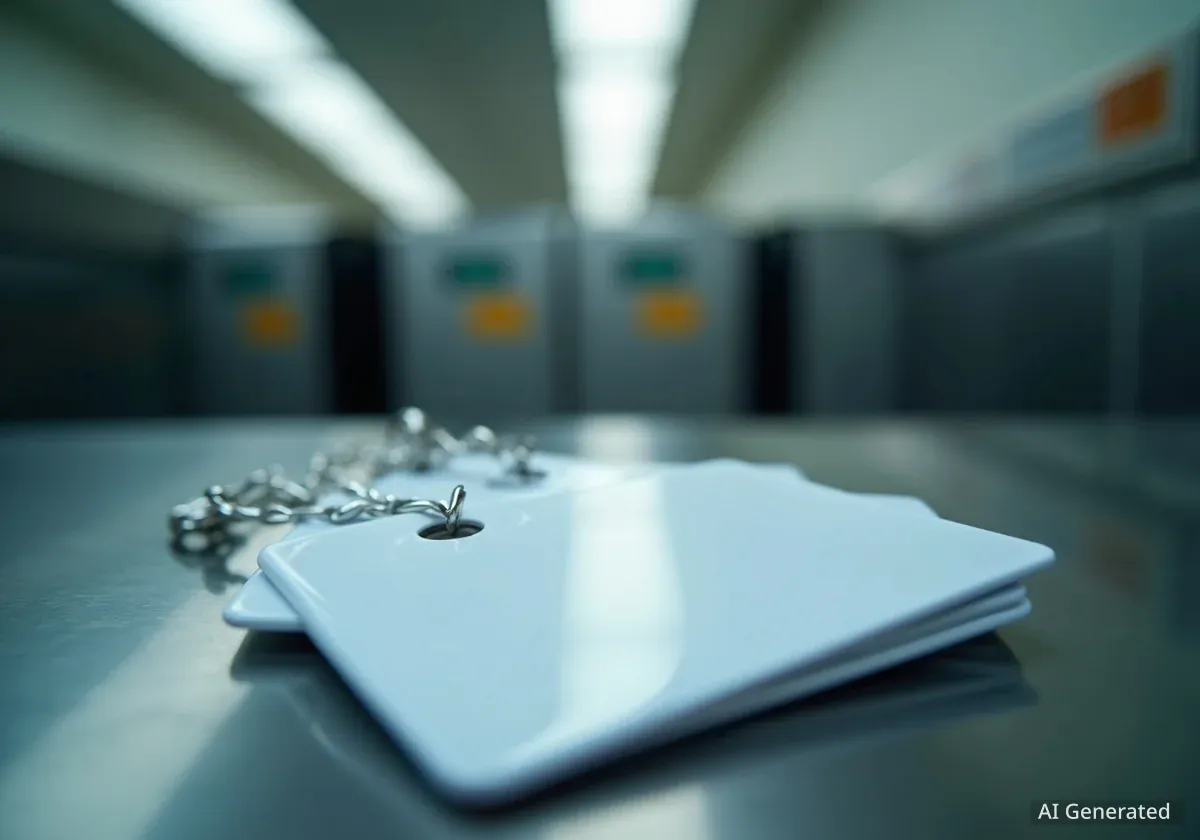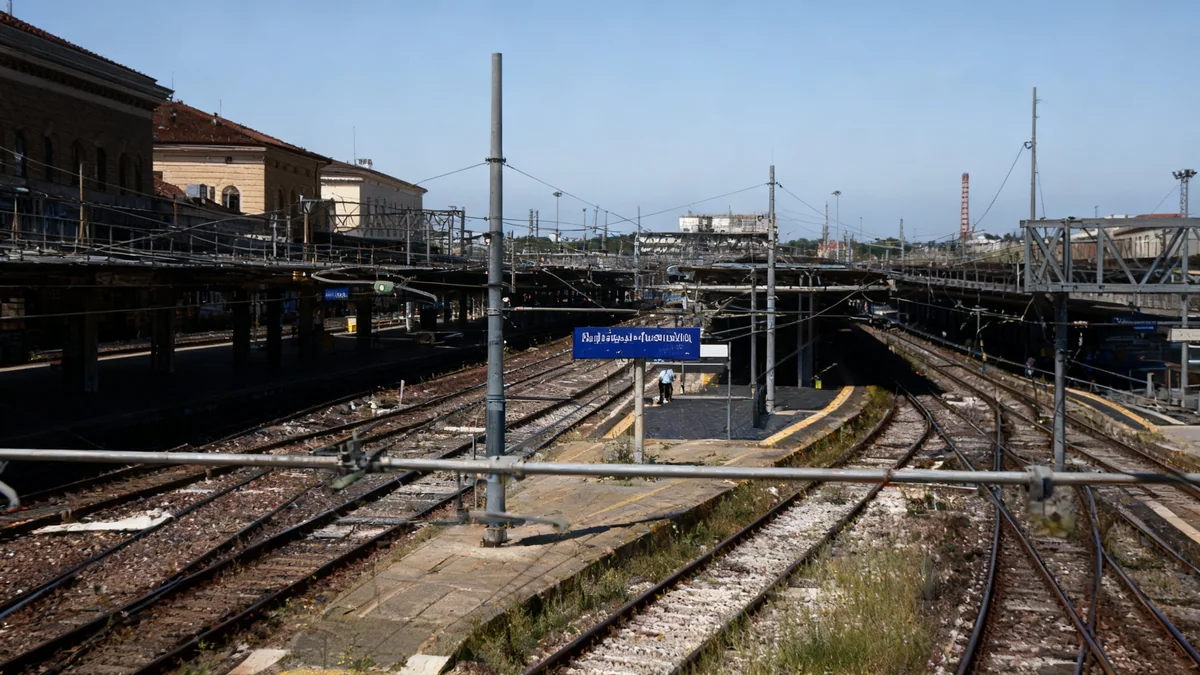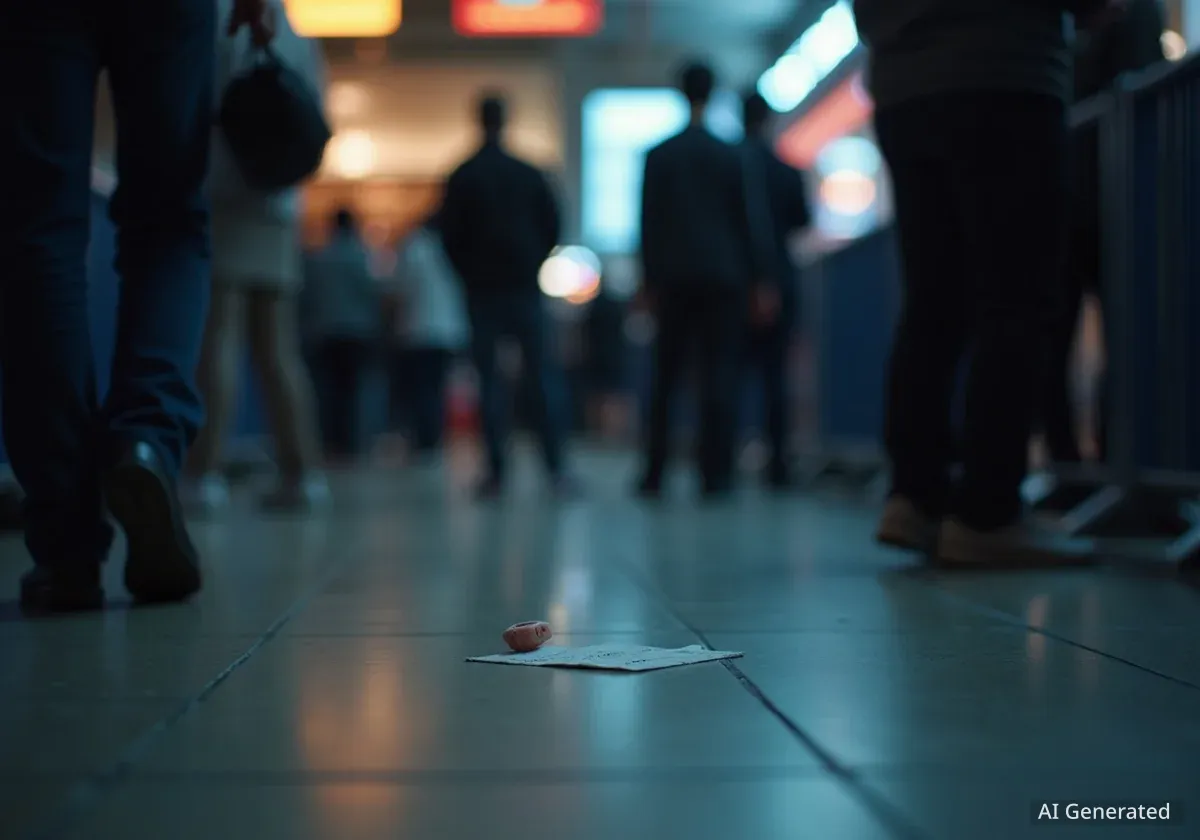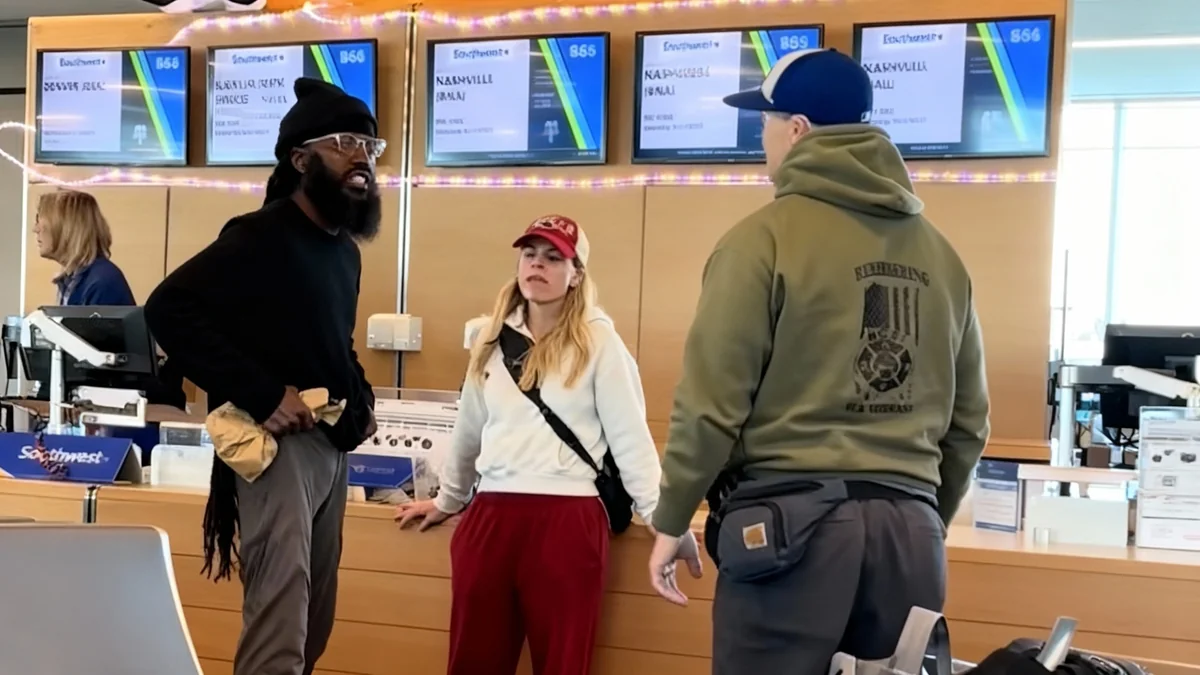A nearly three-year investigation by the MTA Inspector General has uncovered a widespread scheme involving 36 Long Island Rail Road (LIRR) employees who allegedly used counterfeit identification cards to defraud the railroad of wages. The probe revealed a "rampant time abuse" system where workers, including supervisors, skipped work or arrived late while being clocked in by colleagues using duplicated badges.
Key Takeaways
- 36 LIRR workers, including seven supervisors, implicated in a fake ID time theft scheme.
- Counterfeit ID cards were used to clock in and out for absent colleagues.
- Scheme operated from 2021 to August 2024 at three LIRR facilities.
- Some implicated employees were among the LIRR's highest overtime earners.
- Disciplinary actions include suspensions, resignations, and forfeiture of hundreds of thousands of dollars.
Investigation Uncovers Widespread Fraud
The Metropolitan Transportation Authority (MTA) Inspector General Daniel Cort's office initiated the investigation in 2022. It found that the fraudulent activities likely began in 2021. The scheme involved employees creating and distributing cloned LIRR ID badges. These badges were then used by co-workers to swipe in or out, making it appear as if the absent employee had completed their shift.
Investigators determined that the counterfeit cards were sold for prices ranging from $5 to $40. In one instance, an employee reportedly performed vehicle work in exchange for a cloned card. The system allowed workers to routinely leave their worksites for extended periods, sometimes to visit the gym, or arrive late without losing pay.
Fact Check
- The investigation lasted nearly three years.
- 36 LIRR employees were identified in the scheme.
- Seven of the implicated employees held supervisory positions.
- Counterfeit cards were sold for $5 to $40.
- The scheme operated at facilities in Ronkonkoma, Richmond Hill (Queens), and the West Side Yard (Manhattan).
Impact on LIRR Operations and Finances
LIRR President Robert Free condemned the actions, calling them "nothing short of corrupt." He stated that such behavior warrants "severe punishment." The LIRR has already taken significant disciplinary measures against the implicated employees.
These measures include immediate suspension without pay for 27 active employees. Twelve employees have been made to forfeit hundreds of thousands of dollars in wages. Others faced suspensions of up to nine months without pay. Six employees retired during the investigation, and two resigned.
"I will not allow a few unscrupulous employees to damage the reputation of thousands of hard-working LIRR colleagues," said LIRR President Robert Free, emphasizing the railroad's commitment to accountability.
Background
This latest incident follows several other wage theft plots uncovered at the LIRR in recent years. Labor costs constitute nearly 60% of the LIRR's $2.67 billion annual operating budget. The railroad is also considering fare increases in January, partly to cover these rising labor costs. Five LIRR unions are currently seeking a 16% raise over four years, which could further increase expenses.
Challenges in Quantifying Losses and Previous Incidents
Investigators could not precisely calculate the total amount of wages fraudulently collected. The MTA's timekeeping system was unable to differentiate between an authentic LIRR card and a cloned one. This made it difficult to pinpoint the exact start of the scheme and its full financial impact.
The time theft scheme came to light shortly before the MTA reinstated biometric timeclocks in August 2024. This system requires employees to scan their fingers to record shift times. The biometric requirement was suspended in 2020 due to sanitary concerns during the COVID-19 pandemic. During this period, employees used company-issued ID badges for swiping in and out, a system easily exploited by the card cloning.
High Earners Implicated
Documents obtained by Newsday reveal that some of the implicated workers were among the LIRR’s highest overtime earners in 2023. This includes Martina Eugene and Junior Lambert, who were the railroad’s top two overtime earners, each making over $230,000 in overtime that year. Both had previously stated their earnings were legitimate and a result of hard work.
When contacted, Lambert denied any involvement in the scheme, stating, "They make a mistake there... I never had one of those cards." Eugene did not respond to requests for comment.
Legal Ramifications and Future Controls
Suffolk County District Attorney Ray Tierney confirmed that his office conducted a 16-month investigation into the matter. However, the evidence was deemed insufficient for criminal prosecution. This was attributed to a lack of controls at MTA facilities, including no cameras at employee entrances/exits, no biometric checks during the period, and inadequate records.
In response to the findings, the LIRR has implemented "enhanced technology and aggressive oversight." These measures aim to ensure all employees are fully accountable for the hours they report. The Office of Queens District Attorney Melinda Katz could not confirm or deny any investigation into the Richmond Hill facility, while the Manhattan District Attorney's Office did not comment.
Key Measures Taken
- 27 active employees suspended without pay.
- 12 employees forfeited hundreds of thousands of dollars.
- Up to nine-month suspensions for other involved workers.
- Biometric timeclocks reinstated in August 2024.
- Enhanced technology and oversight implemented.
The adoption of biometric timeclocks in 2019 followed revelations of unusually high overtime earnings among some workers in 2018. Subsequent law enforcement investigations led to the conviction of four LIRR workers on fraud charges. This latest scandal underscores the ongoing challenges in ensuring accurate timekeeping and preventing wage fraud within the transit system.





